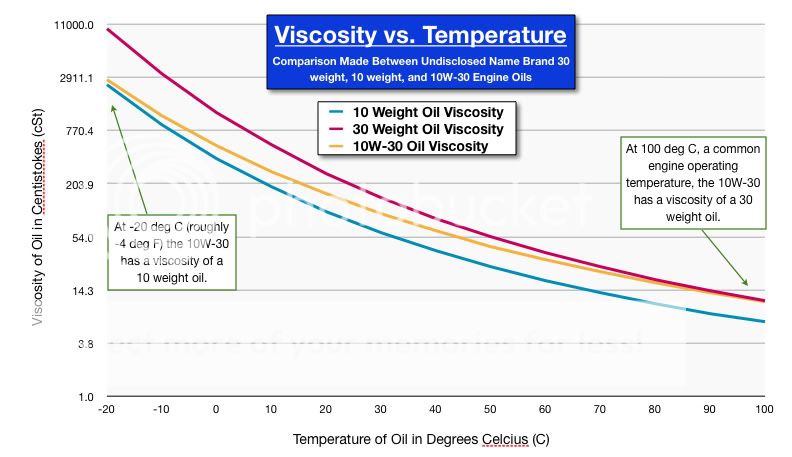Fransisco
Filing Flight Plan
- Joined
- Nov 12, 2015
- Messages
- 21
- Location
- Knoxville , Tn
- Display Name
Display name:
Francisco McClain
I have an 85yr old pilot friend and AE that swears by straight weight oil. He is a wealth of information and very smart but I also have other friends that will only use multi viscosity weight oil. I just want what is best for the engine ... Any ideas ?
Also ,what is the frequency in which to change the oil in a lycoming 0-540....every 50 hrs?
Also ,what is the frequency in which to change the oil in a lycoming 0-540....every 50 hrs?
Last edited:




 i love the internet
i love the internet